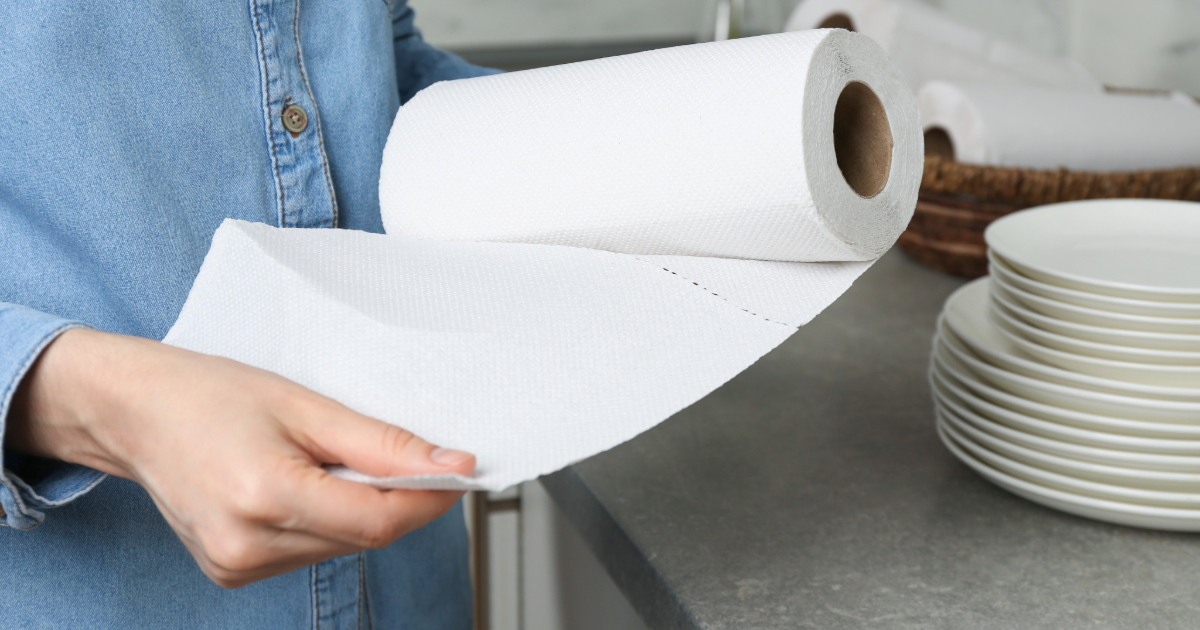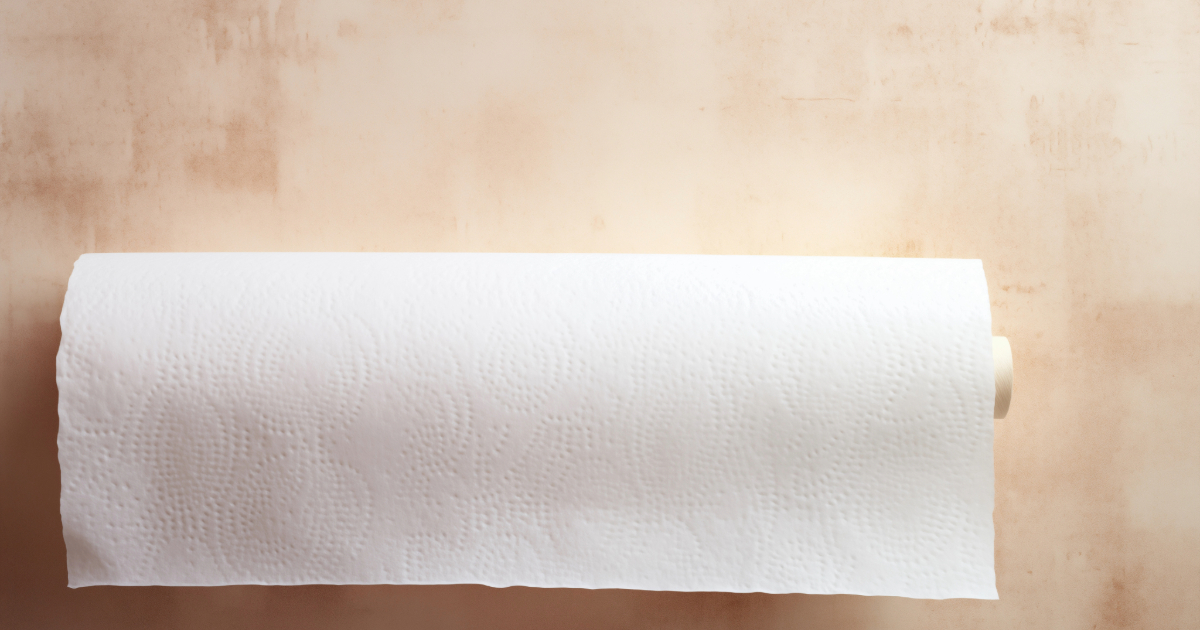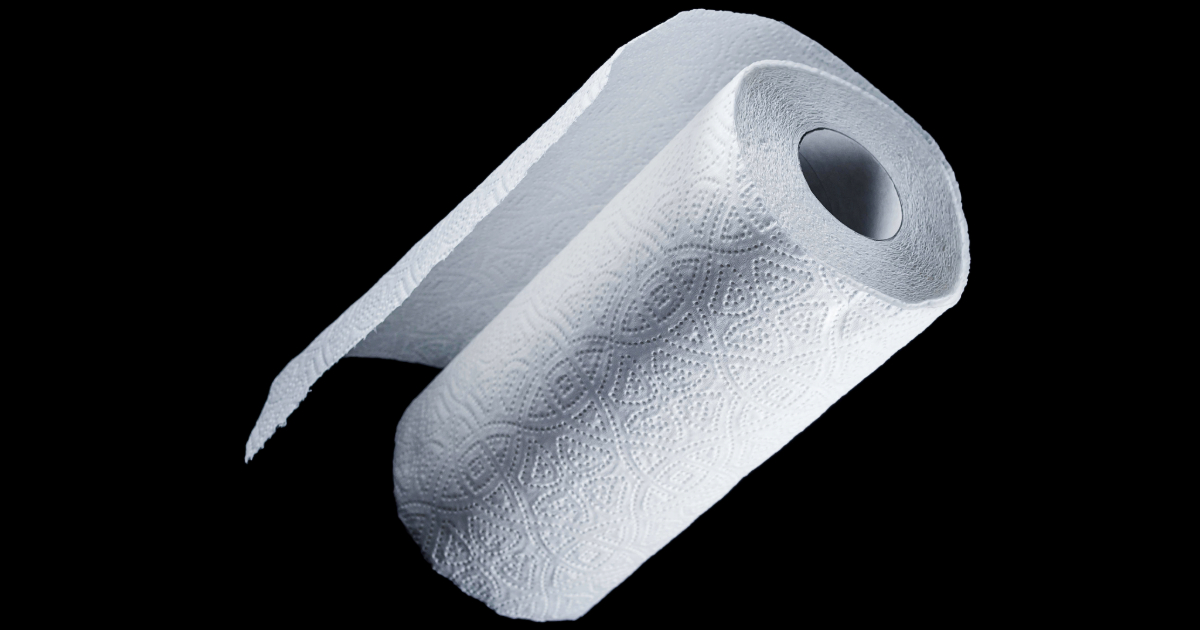When washing your hands in a public bathroom or workplace restroom, you typically have two options for drying your hands – paper towels or an electric hand dryer.

But which option is better when all factors are considered?
Environmental Impact
First, let’s look at the environmental costs of paper towels compared to hand dryers.
Paper towels start out as trees, which are harvested and processed in paper mills. This manufacturing process consumes lots of water and energy. Paper towels also generate waste – used paper towels take up space in landfills and release methane gas as they break down.
However, paper towels don’t directly consume electricity when used. As long as recyclable paper towels are disposed of properly, their footprint can be reduced.
Key Takeaway: Paper towels have a moderate environmental impact from production and can produce landfill waste, but don’t use electricity directly when drying hands.
Electric hand dryers, on the other hand, don’t require any raw materials or generate waste. However, they do consume electricity during operation.
Modern high-efficiency dryers with sensors only run when needed and use less energy per drying cycle. Over their 10-15 year lifespan, electric dryers produce far less waste and emissions than the tons of paper towels they replace.
One Duke University study found high-speed dryers produced 42% less carbon emissions compared to paper towel usage. On balance, most experts view hand dryers as the more eco-friendly choice.
Key Takeaway: Modern electric hand dryers have a much lower environmental impact compared to tons of wasted paper towels over years of use.
Cost Comparison
Installing an electric hand dryer requires significant upfront costs – often $300-500 per high-speed unit. There is also some maintenance required over their operating lifespan.
In contrast, paper towel dispensers are very inexpensive to purchase and install initially. However, the constant refilling of paper towel supplies generates high ongoing costs.
An average business can easily spend $2,000 per year on paper towel costs alone. At this usage level, a hand dryer often pays for itself in under a year of use in cost savings. Beyond the first year, businesses save enormously on operating costs by switching to hand dryers long-term.
As this cost comparison table shows, hand dryers become the cheaper option very quickly:
| Year | Paper Towel Cost | Hand Dryer Cost |
|---|---|---|
| Initial Purchase/Install | $50 | $400 |
| Year 1 | $2,000 | $60 |
| Year 2 | $2,000 | $60 |
| Year 3 | $2,000 | $60 |
| Total Cost Over 3 Years | $6,050 | $580 |
So while the upfront investment is larger for electric dryers, the long-term savings outweigh paper towel costs rather quickly. This makes hand dryers the most cost-effective choice overall for high-traffic restrooms.
Hygiene Comparison
On hygiene, there has been much debate over paper towels vs. hand dryers. The paper towel industry has funded studies claiming dryers actively spread germs around restrooms.
But other major independent studies found little consensus that one method is clearly “more hygienic” than the other:
- A Mayo Clinic study concluded paper towels are preferred for healthcare settings where hygiene is critical.
- A Johns Hopkins study found no significant difference in bacteria left on hands between drying methods.
- The CDC has no official preference between towels or dryers for hand hygiene.
The key factors impacting hygiene are proper hand washing and thorough drying. Hand washing removes most germs, while thorough drying prevents transfer of bacteria.
Many hand drying critics argue that people don’t dry hands long enough with dryers. But used properly, both methods effectively mitigate bacteria when used after careful washing.
On hygiene, neither product has a clear consensus as a superior option. The focus should remain on washing and drying hands carefully regardless of drying method.
Additional Comparison Factors
Beyond the big three factors of eco-impact, cost and hygiene, there are a few additional considerations in the paper towel vs hand dryer debate:
- Convenience: Paper towels allow quicker drying for some users. But dryer capacity can also be increased by installing multiple units to reduce wait times.
- Versatility: Paper towels are more versatile, allowing uses beyond drying hands like wiping spills or surfaces. Electric dryers serve only one purpose.
- Maintenance: Paper towels require constant refilling, while dryers just need occasional filter changes or repairs.
FAQs
Are electric hand dryers really more eco-friendly than paper towels?
Yes. While paper towels themselves don’t consume energy directly, the high recurring paper waste, manufacturing emissions, and landfill impacts make them much less eco-friendly overall than a hand dryer over years of use. High-speed electric dryers have been found to produce 42% less emissions pound-for-pound.
Which method kills more germs and bacteria?
No definitive scientific consensus has emerged declaring paper towels or electric hand dryers significantly more hygienic. Proper hand washing and thorough drying are what prevent bacteria transfer most effectively. As long as hands are fully dried, both methods can prevent transmission of germs similarly after washing.
Don’t paper towels generate less waste?
While an individual paper towel has less physical waste than a whole hand dryer unit, the waste from constantly re-filling and replacing towel dispensers over years is far larger by overall volume than a single dryer. Over their lifespan, hand dryers prevent thousands of pounds of paper towel waste.
Can’t I just install a few extra paper towel dispensers instead of a hand dryer?
You can install more towel dispensers to increase capacity like dryers. But the long-run operating costs of constantly purchasing, refilling and disposing paper towel supplies generally makes installing multiple electric hand dryers the much more affordable option over years of use.
Isn’t it confusing that different studies claim different products are more hygienic? Should I just avoid public bathrooms instead?
The fact that scientific research has not reached consensus on whether paper or electric drying prevents more bacteria spread is not a cause for avoiding public bathrooms entirely. As long as you wash your hands carefully and dry them thoroughly, public sinks do not inherently pose any abnormal risk of contamination. Proper hand hygiene reduces microbes significantly regardless of drying method. Avoiding restrooms out of drying method concerns is generally unnecessary.
Conclusion
When all factors are considered, modern high-efficiency electric hand dryers represent an environmentally and economically superior choice compared to paper towels for most high-traffic bathrooms.
Electric dryers have a much lower lifetime environmental footprint, comparable hygiene to paper towels, lower long-term costs, and easier maintenance. The higher upfront investment of a quality dryer pays back rapidly in cost and waste reductions.








